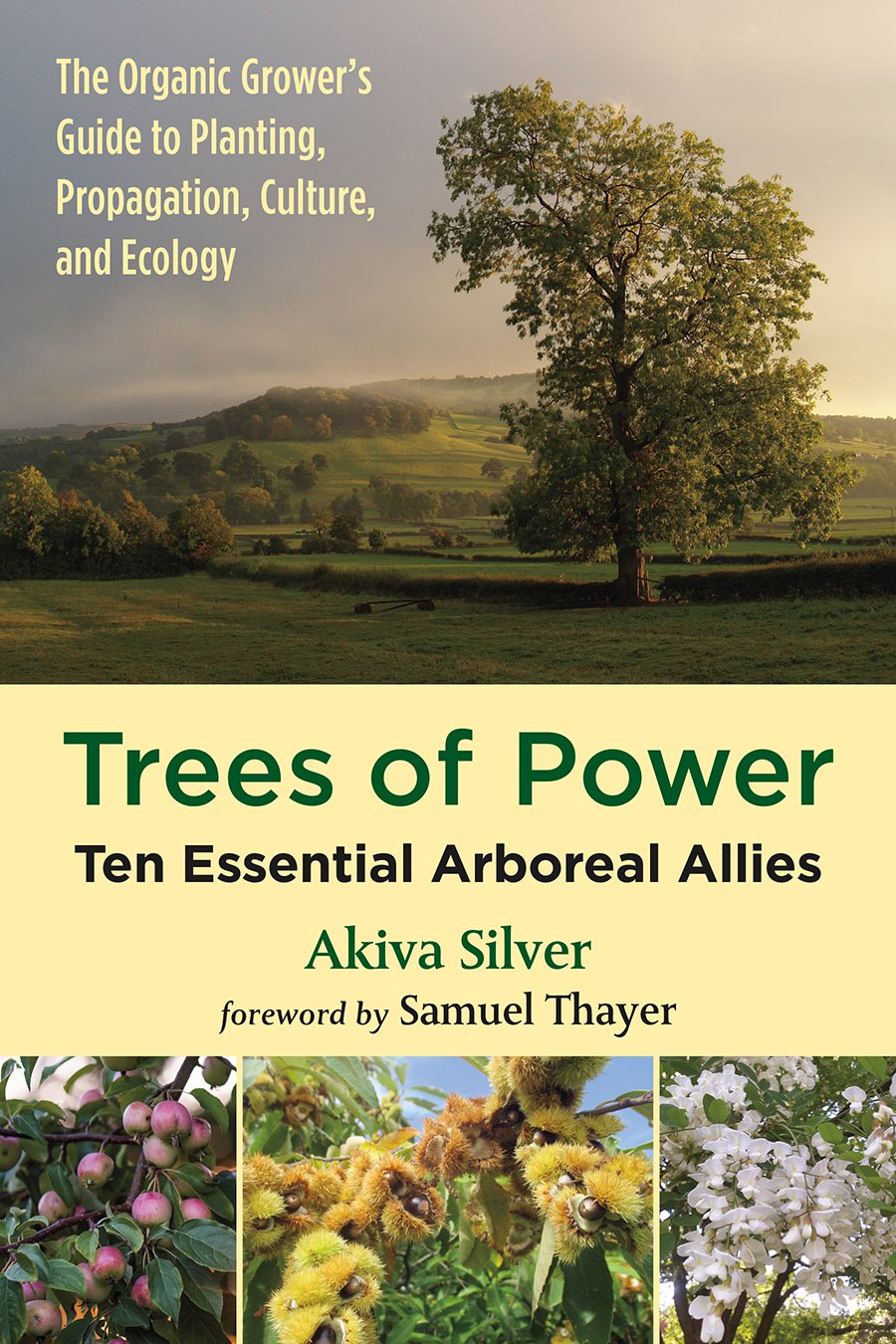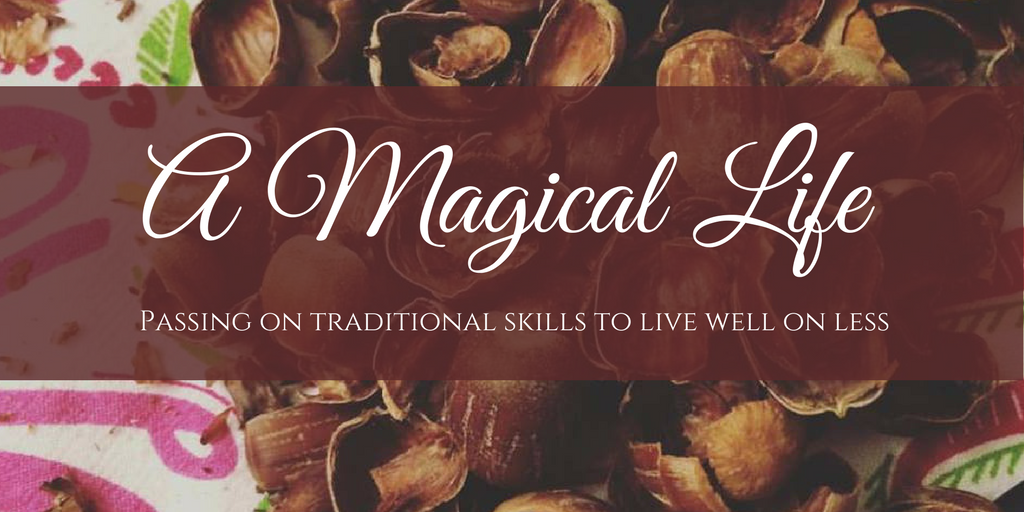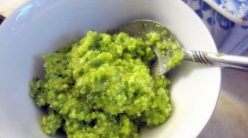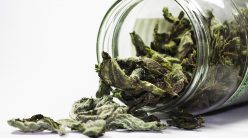A somewhat nerdy looking new book was quietly published this year that has the potential to not just greatly improve your life, but greatly improve the world. I admit that sounds like a bit of hyperbole, but Trees of Power offers a really inspirational look at how the trees that are all around us can provide us with untapped income, food and more.

Akiva Silver is a man who knows trees. Trees of Power is a deep dive into the world of a guy who lives for trees, raising and selling thousands a year and foraging from many more.
Silver shows how the ten trees featured are phenomenally good for homesteaders and for the world at large. For example, he writes that hickory nuts produce a delicious oil that we could easily be using for cooking, and the nuts are just rotting at our feet by the billions. An expensive nut press is needed to make the oil but he points out that every town used to have a mill and a press and people would just bring their crops to use it. That really makes sense. Everyone doesn’t need a press, just communities or cooperatives.
He says, “Everyone I have offered a taste of the oil to looks up at me in surprise and says something like: ‘Wow’ or ‘Oh my God.'”
Here is a hickory tree that we don’t have to shell to enjoy. Here is a vegetable oil raining down from the sky in enormous quantities. A 5-gallon bucket of nuts in the shell will yield 1/4 gallon of oil. I have filled 5-gallon buckets of bitternuts in as little as 30 minutes. This tree is offering a tremendous gift, if we can only see it. When a million gallons of high-quality vegetable oil fall on the ground and we ignore it and plow up the earth to grow rapeseed (for canola oil), there is a disconnect. The soil suffers, wildlife suffers, and we do, too. The time is here for us to use hickory oil.
This is how I feel about acorns and why I wrote a book about foraging and cooking with acorns. They are literally going to waste under our feet by the billions while we grow crops for flour and food that’s not even as nutritious or tasty as what acorns produce (after the bitter tannins are leached out). He doesn’t write about acorns/oaks but he does include elderberries in his 10 favorite trees — another of my favorites obviously, as I’ve written about foraging and using elderberries as well. And while I am very familiar with some of the other trees he writes about, such as apples, I really want to look for more information on some of the others he profiles, both as a forager and as an urban homesteader.
The ten trees featured in Trees of Power are:
- Chestnut: The Bread Tree
- Apples: The Magnetic Center
- Poplar: The Homemaker
- Ash: Maker of Wood
- Mulberry: The Giving Tree
- Elderberry: The Caretaker
- Hickory: Pillars of Life
- Hazelnut: The Provider
- Black Locust: The Restoration Tree
- Beech: The Root Runner
We really need to start teaching about all of the wonderful food (and other gifts) that surround us and are so much better for the earth than our current practices. This book is a fantastic introduction to how we can do this with just these ten species of trees that are already all around us.
Silver is a passionate environmentalist and he raises some wonderful points. One statement that he makes early in the book resonated with me especially — that as environmentalists we need to abandon the goal of trying to “wreck the world slower.” He points out that most of our changes only cause harm more slowly than the current systems and are less awful for the environment. He says he doesn’t want to wreck the world at all but wants to actually improve the world. Now that’s a goal we all need to switch to.
This is a phenomenal book and it’s one I highly recommend for anyone interested in permaculture, homesteading, climate change or (obviously) trees.
Trees of Power has the potential to do exactly what Silver says he wants to do — not wreck the world slower but make the world a whole lot better. And along the way, it shows how trees can make our own lives a whole lot better, too.
Note: This page contains affiliate links. Purchases made through our links earn us a small commission at no extra cost to you.






